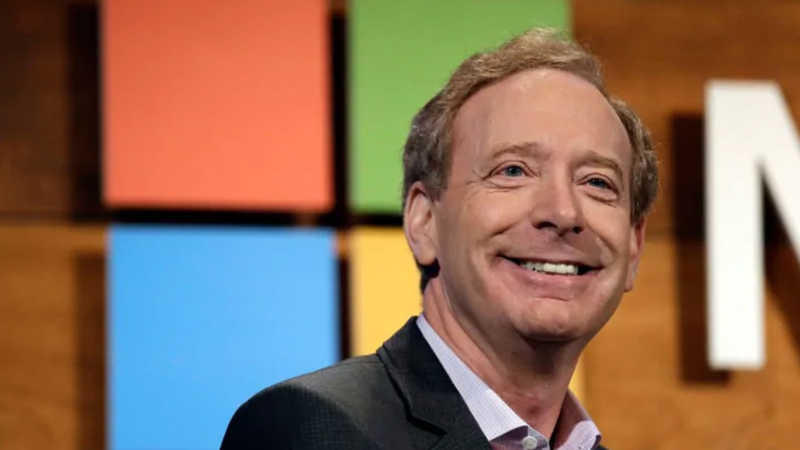Microsoft President Brad Smith has raised questions over whether Bluetooth-based contact tracing technology can be adopted on a broad and meaningful scale worldwide. On Wednesday, Apple and Google announced to release their Exposure Notifications System (or contact tracing technology) to help public health agencies make their Bluetooth-based COVID-19 apps effective while protecting user privacy. About 23 countries on five continents have requested and received access to the application programming interface (API), with more expected to join in the coming weeks.
In an interaction with MIT Computer Science and Artificial Intelligence Laboratory Director Daniela Rus, Smith expressed scepticism that this technology could be adopted at a meaningful scale.
“Not everyone is going to walk around with an app on their phone. I think we should recognise that it is a tool and not a panacea,” Smith was quoted as saying in the virtual discussion.
In March, Microsoft developed a chatbot to help people determine if they might need a Covid-19 test. Within weeks of deploying the app at a hospital in Seattle, Washington, the company started rolling it out more broadly.
The chatbot was ultimately used 190 million times in April, and is now available at 1,500 institutions across 23 countries, according to the MIT report. On work-from-home scenario, Smith said: “There are a lot of benefits to working from home, but it certainly also adds a level of unpredictability.”
While Twitter has given an option for its employees to work from home forever, Facebook said the half of its workforce can work from home in the next 5-10 years.

